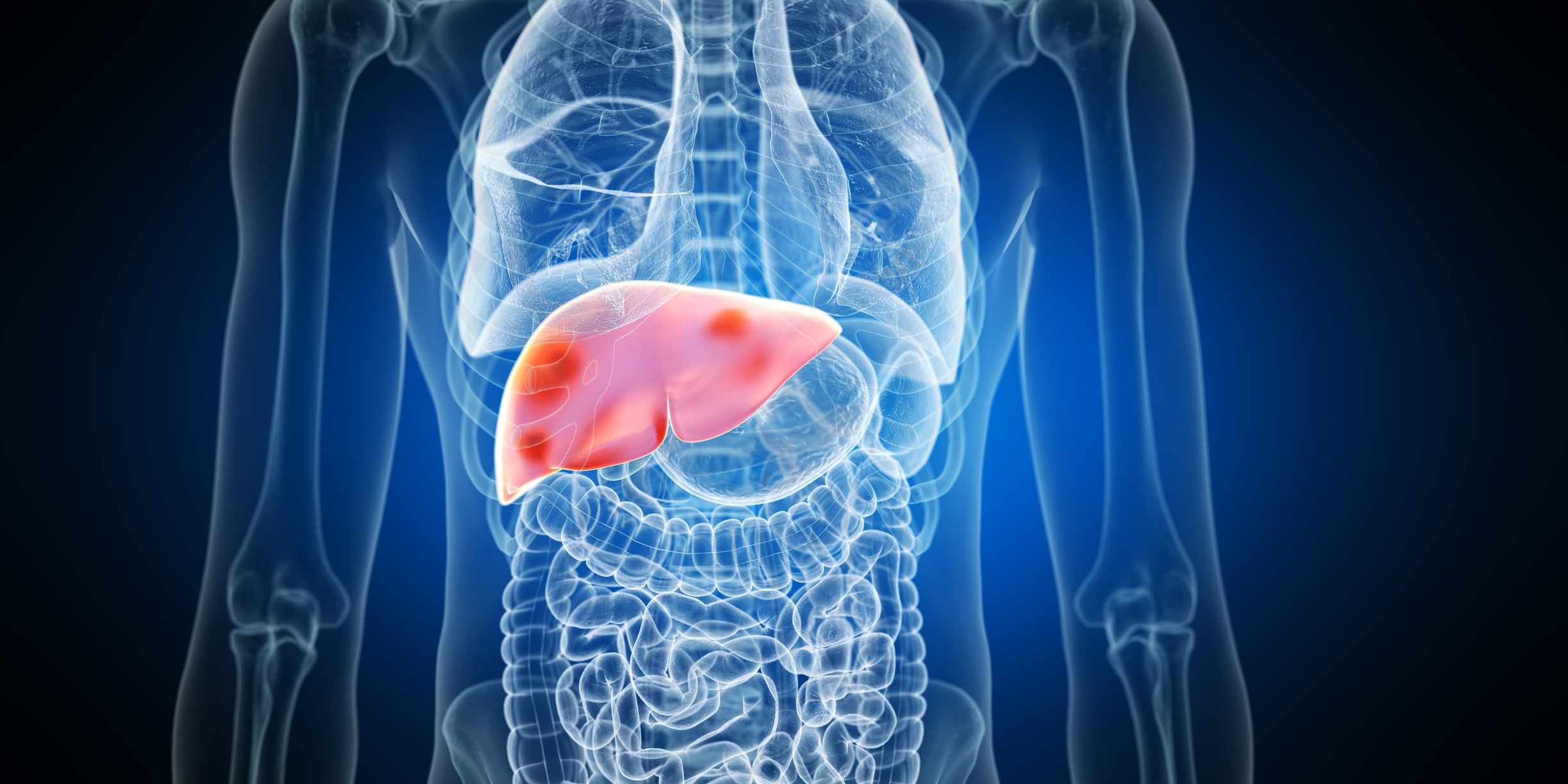The exact cause of autoimmune liver disease is not known, but it is believed to be a combination of genetic and environmental factors. Here’s all you want to know.
Autoimmune liver disease is a condition where the body’s immune system mistakenly attacks the liver cells, leading to inflammation and damage to the liver. Sometimes, people suffering from this condition do not have symptoms unless serious damage is caused. Having a family history of autoimmune diseases, certain infections or hormonal imbalances during pregnancy or menopause can also trigger this. Some of the symptoms of autoimmune liver disease includes fatigue, abdominal discomfort, yellowing of the skin and whites of the eyes, an enlarged liver, abnormal blood vessels on skin, skin rashes, joint pain, loss of menstrual periods among others.
There are two main types of autoimmune liver disease: autoimmune hepatitis (AIH) and primary biliary cholangitis (PBC).

Causes of autoimmune liver disease
“The exact cause of autoimmune liver disease is not known, but it is believed to be a combination of genetic and environmental factors. Some risk factors for developing autoimmune liver disease include family history of autoimmune disease, certain infections, such as hepatitis A, B, or C, exposure to certain drugs or toxins, hormonal imbalances, such as during pregnancy or menopause, autoimmune disorders, such as rheumatoid arthritis or lupus,” says Dr Neerav Goyal, Senior Consultant, Liver Transplant, Indraprastha Apollo Hospitals, New Delhi.
Treatment of autoimmune liver disease
The treatment for autoimmune liver disease depends on the specific type and severity of the condition. In general, the goal of treatment is to reduce inflammation, slow or stop the progression of liver damage, and manage symptoms.
Dr Goyal suggests the following treatments:
1. Medications: Immunosuppressive medications, such as corticosteroids and azathioprine, are often used to suppress the immune system and reduce inflammation.
2. Ursodeoxycholic acid: This medication is often used in the treatment of primary biliary cholangitis. It helps to slow down the progression of liver damage and relieve some symptoms.
3. Liver transplant: In severe cases where the liver has sustained significant damage, a liver transplant may be necessary. During a liver transplant, the damaged liver is replaced with a healthy liver from a donor.
4. Lifestyle changes: Making healthy lifestyle choices, such as maintaining a healthy weight, avoiding alcohol and tobacco, and getting regular exercise, can help improve liver function and overall health.
It is important to work closely with a healthcare provider to develop a treatment plan that is tailored to the individual’s needs and goals. Regular monitoring of liver function and symptoms is also necessary to track the progression of the disease and adjust treatment as needed.
Read more at-https://bit.ly/3KAw7Ei

3 replies on “Autoimmune liver disease: Warning signs, lifestyle changes, treatment”
Wow, awesome blog layout! How long have you been blogging for? you make blogging look easy. The overall look of your web site is great, let alone the content!
Thank you for the sensible critique. Me & my neighbor were just preparing to do a little research on this. We got a grab a book from our local library but I think I learned more clear from this post. I am very glad to see such great information being shared freely out there.
This is very interesting, You are an overly skilled blogger. I have joined your rss feed and look forward to in search of extra of your fantastic post. Additionally, I have shared your site in my social networks!